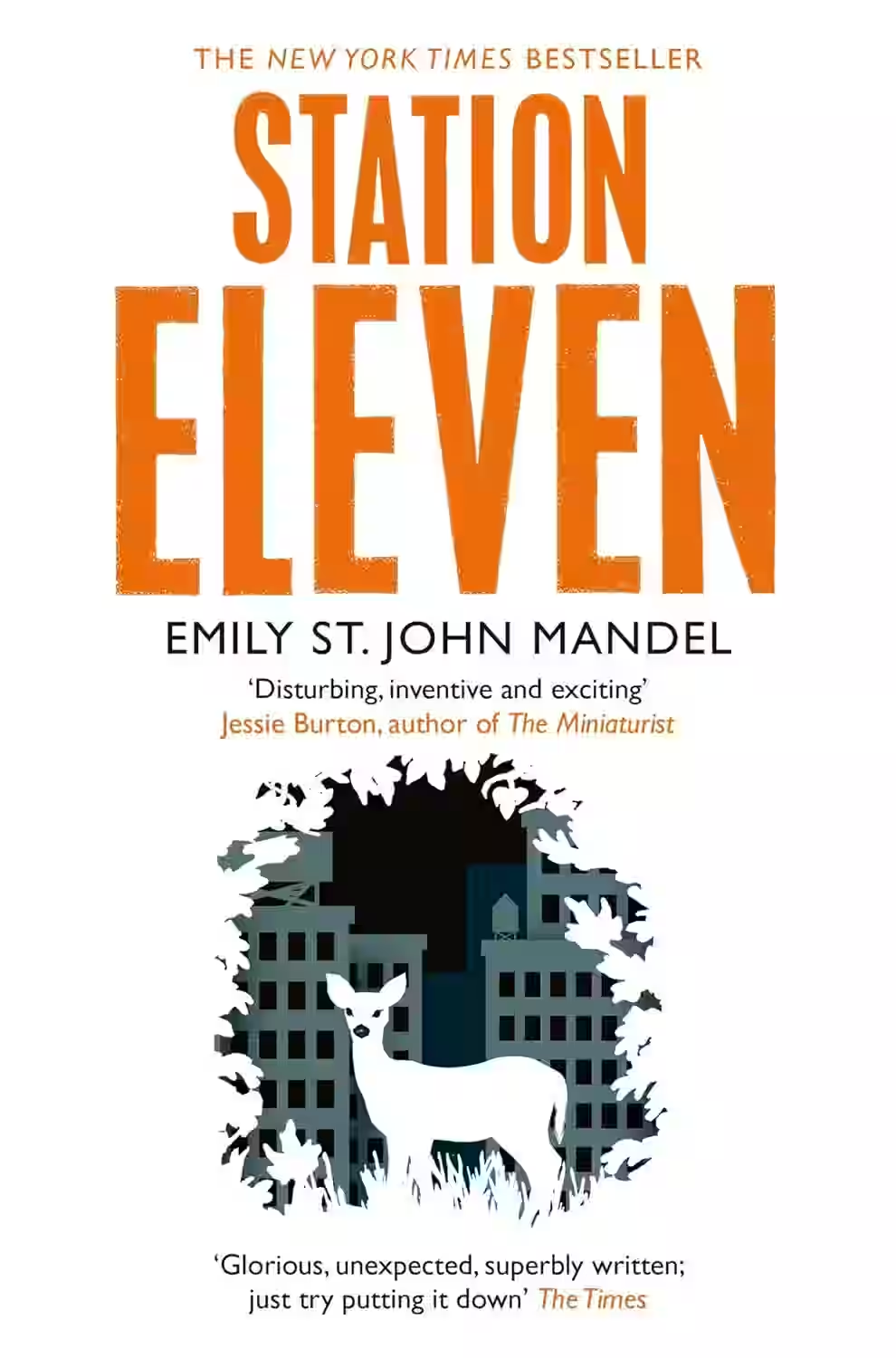
Station Eleven by Emily St. John Mandel is a haunting and beautifully written novel set in the aftermath of a devastating pandemic. It weaves together the lives of a Hollywood actor, a nomadic group of performers, and survivors clinging to remnants of the old world. Spanning decades and shifting between past and future, the story explores memory, art, and human connection in the face of collapse. As the Traveling Symphony brings Shakespeare to scattered settlements, Mandel examines what remains when everything else is lost. A moving, literary tale of resilience and the enduring power of storytelling.
About Emily St. John Mandel
A Canadian author known for her speculative fiction that often explores themes of memory, time, and the interconnectedness of human experience. Her acclaimed novel, Station Eleven, depicts a post-apocalyptic world with a focus on art, culture, and the resilience of the human spirit. Mandel's elegant prose and thought-provoking narratives have earned her critical praise and a wide readership.
Other Books by Emily St. John Mandel
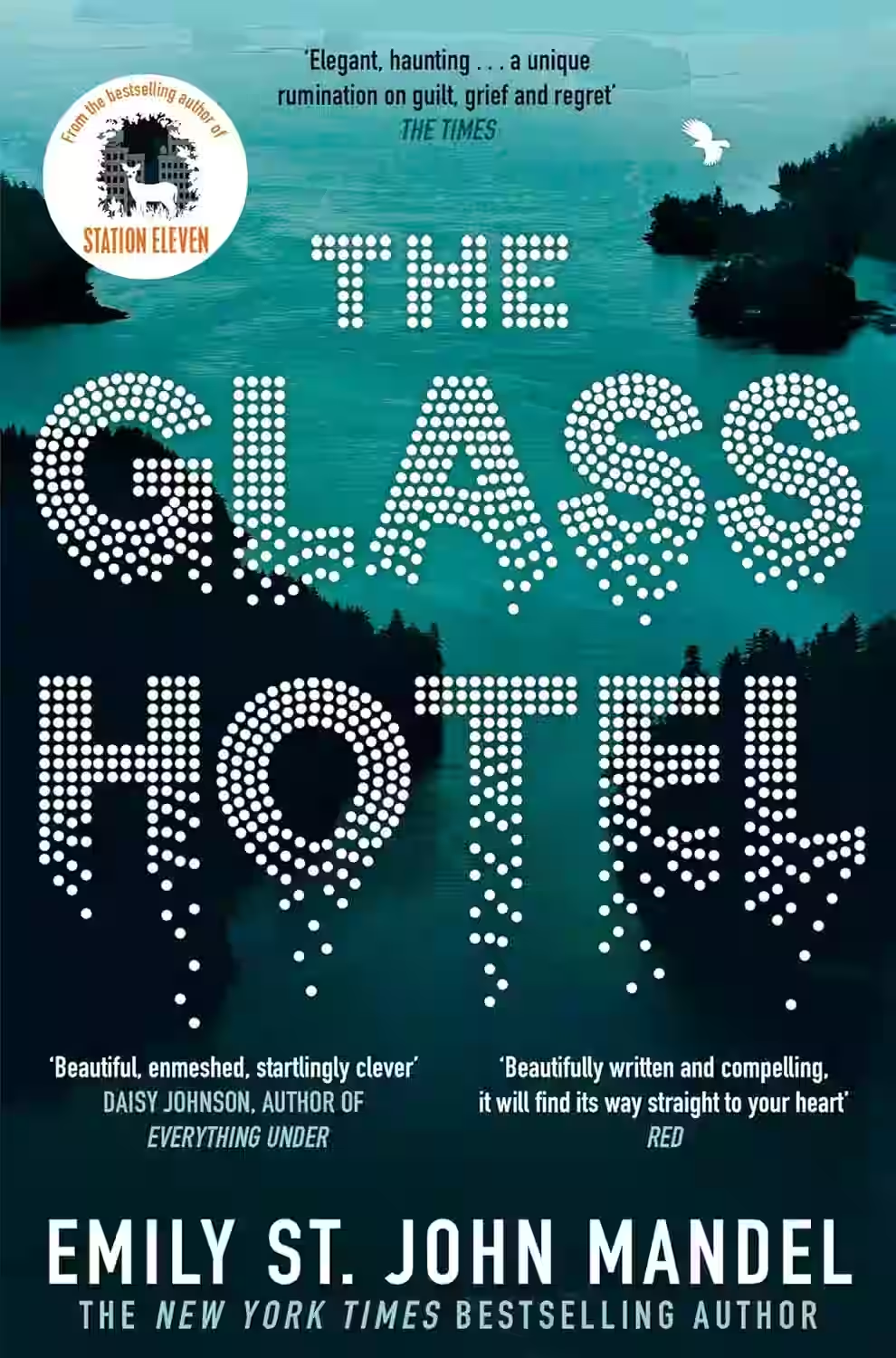
The Glass Hotel
Vincent is the beautiful bartender at the Hotel Caiette, a five-star glass-and-cedar palace on the northernmost tip of Vancouver Island. New York financier Jonathan Alkaitis owns the hotel. When he passes Vincent his card with a tip, it's the beginning of their life together. That same day, a hooded figure scrawls a note on the windowed wall of the hotel: 'Why don't you swallow broken glass.' Leon Prevant, a shipping executive for a company called Neptune-Avramidis, sees the note from the hotel bar and is shaken to his core. Thirteen years later Vincent mysteriously disappears from the deck of a Neptune-Avramidis ship. Weaving together the lives of these characters, Emily St. John Mandel's The Glass Hotel moves between the ship, the towers of Manhattan, and the wilderness of remote British Columbia, painting a breathtaking picture of greed and guilt, fantasy and delusion, art and the ghosts of our pasts.
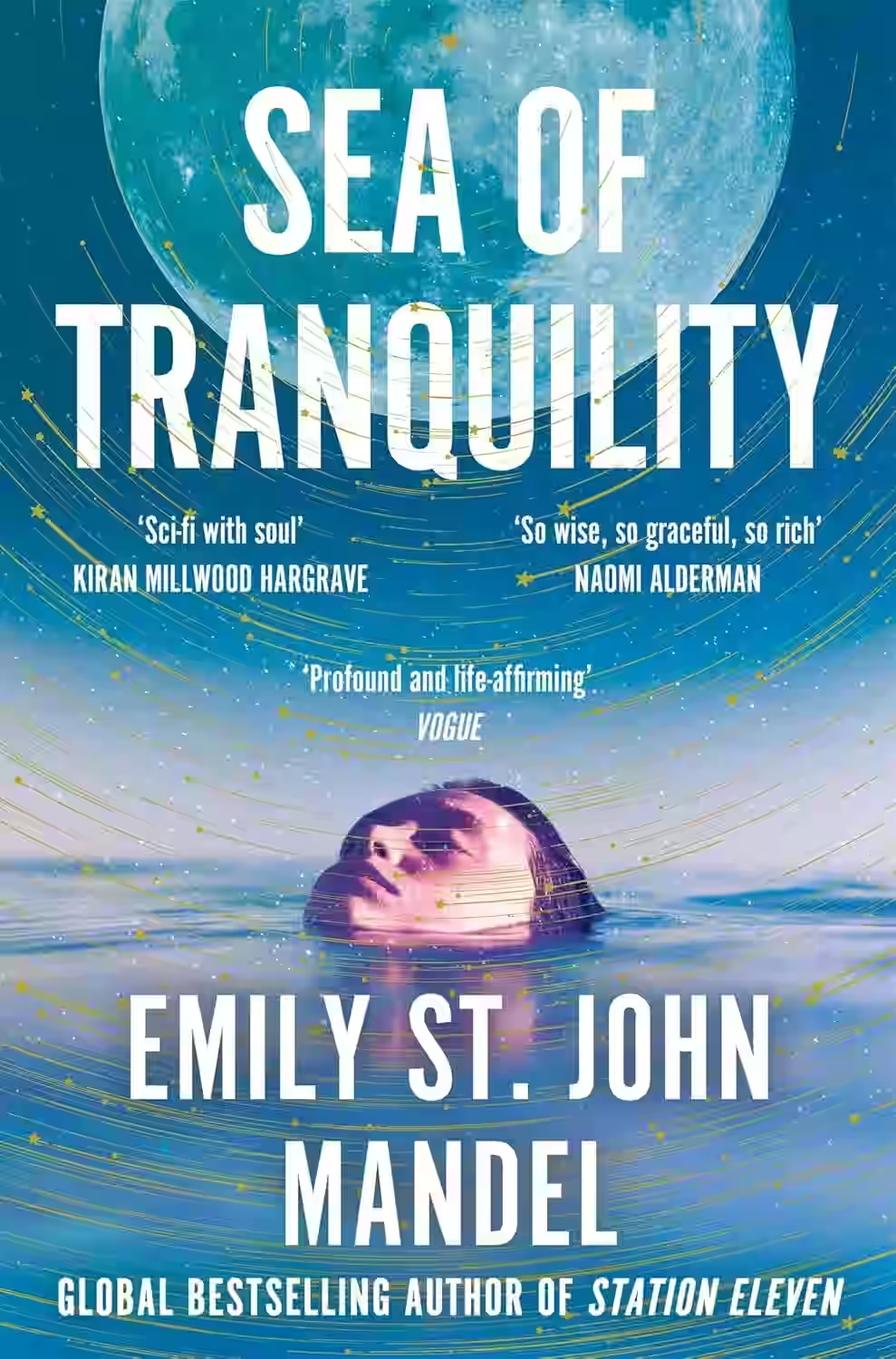
Sea of Tranquility
This evocative passage introduces a multi-layered narrative spanning centuries and locations, from the 19th-century Canadian wilderness to a future moon colony and a "Night City." Edwin St. Andrew's mysterious experience with the violin in the airship terminal sets a strange, unsettling tone. Two centuries later, author Olive Llewellyn unknowingly echoes this event in her pandemic novel, hinting at a deeper connection. Detective Gaspery-Jacques Roberts' investigation into a wilderness anomaly promises to unravel the threads linking these disparate lives and the unsettling possibility of timeline disruption. The blend of historical exile, futuristic settings, and a central, unexplained event creates an intriguing premise.
Similar Books

Extras
Series: Uglies (#4)
Scott Westerfeld's 'Extras' is a compelling continuation of his acclaimed Uglies series, set in a future where fame and appearances dominate society's hierarchy. This standalone novel introduces Aya Fuse, a 15-year-old who lives in a world where social standing is determined by one's popularity and media buzz. As she navigates this fame-driven environment, Aya stumbles upon a secret that could shake the foundations of her superficial society. Tackling themes of identity, societal pressure, and the power of media, Westerfeld crafts a thrilling narrative that simultaneously critiques celebrity culture and explores the human desire for recognition. 'Extras' is a thought-provoking adventure that will resonate with young adult readers interested in futuristic worlds and social dynamics.

Klara And The Sun
From her place in the store, Klara, an Artificial Friend with outstanding observational qualities, watches carefully the behaviour of those who come in to browse, and of those who pass in the street outside. She remains hopeful a customer will soon choose her, but when the possibility emerges that her circumstances may change for ever, Klara is warned not to invest too much in the promises of humans.
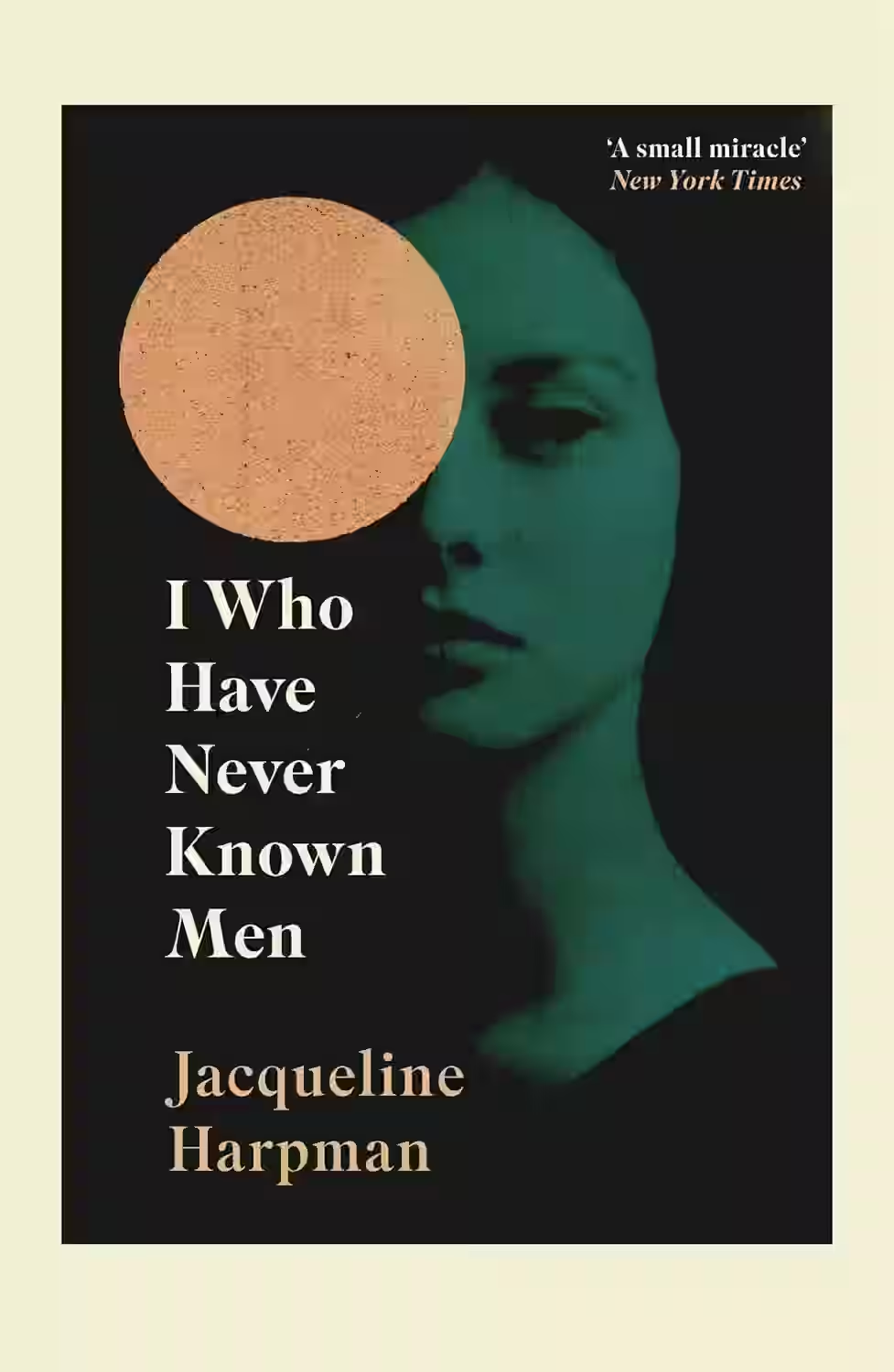
I Who Have Never Known Men
In Jacqueline Harpman's 'I Who Have Never Known Men,' we delve into a thought-provoking narrative following a group of women imprisoned in an underground bunker. The protagonist, a young woman named L, navigates the complexities of survival, freedom, and identity as she encounters the first man they have ever seen. The novel intricately weaves themes of power dynamics, autonomy, and societal constructs as the women explore their newfound reality. Harpman's writing is hauntingly beautiful, drawing readers into a world that challenges perceptions and questions the essence of humanity. 'I Who Have Never Known Men' is a compelling and introspective read that lingers in the mind long after the last page.
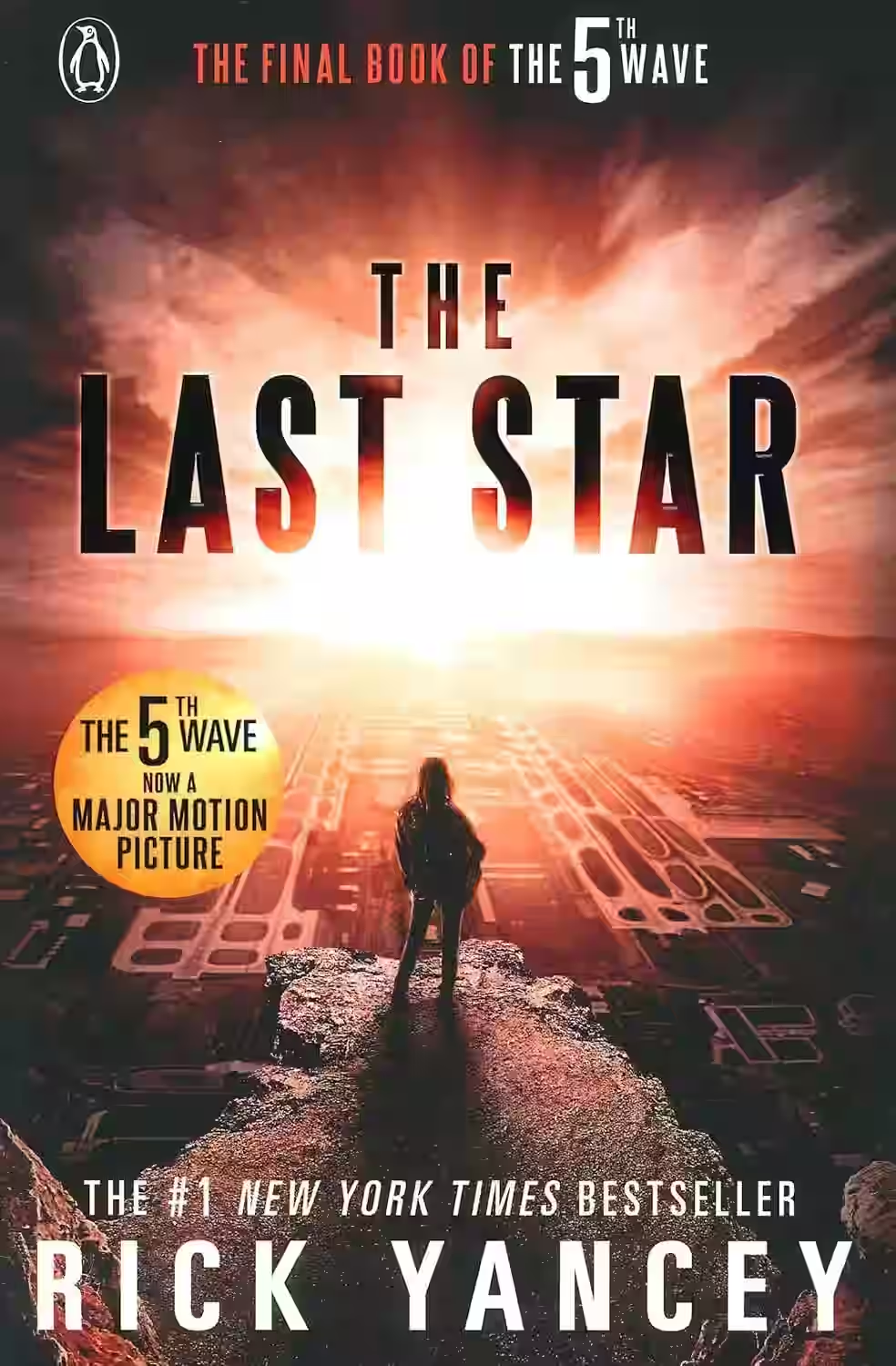
The Last Star
by Rick Yancey
Series: The 5th Wave (#3)
In 'The Last Star,' the gripping finale to Rick Yancey’s The 5th Wave series, readers are thrown headlong into a chaotic world on the brink of extinction. The story unfolds with an intense battle against the alien invaders who have orchestrated Earth's devastation through a series of calculated waves. Protagonists Cassie, Ben, and Ringer face their toughest challenges yet as hope wanes and their world crumbles. Themes of trust, survival, and the essence of humanity are explored as the remnants of society struggle to retain their humanity in the face of existential threats. Yancey's vivid writing keeps the stakes high, leading to a conclusion that questions the cost of survival. The book provides a heart-pounding ride, combining action, emotion, and philosophical inquiry into what it means to be human.